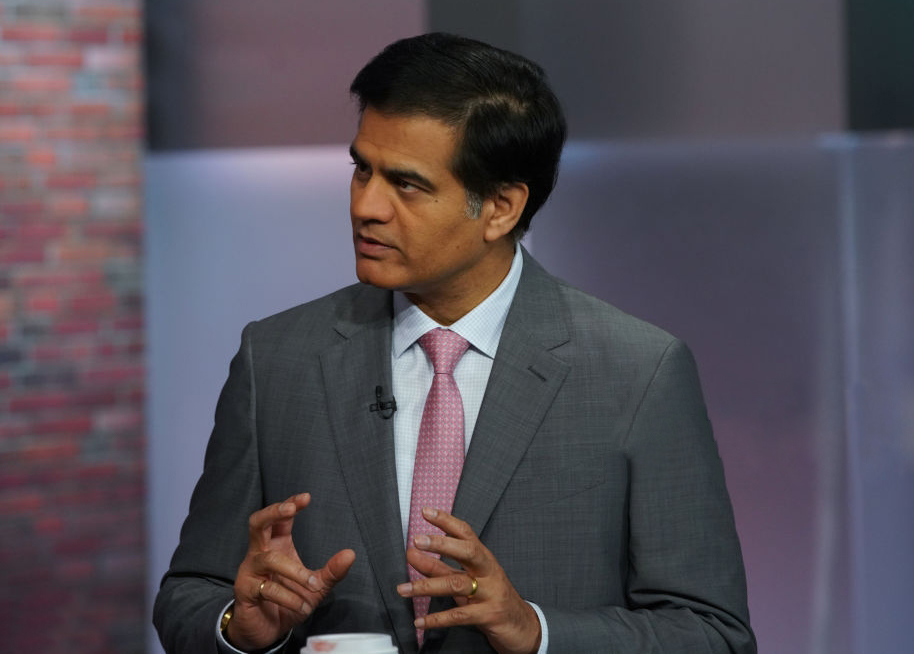Three Incredible Breakthroughs That Are Transforming Our Understanding of the Brain

Prevention
Kaitlyn Pirie
Share this article
Sandra Bond Chapman, PhD
Chief Director Dee Wyly Distinguished Professor, School of Behavioral and Brain Sciences Co-Leader, The BrainHealth Project
RELATED INFORMATION

Top CEO Shares 3 Daily Exercises That Help Rewire His Brain for Success
As the CEO of Caliber Home Loans, Sanjiv Das knows what is most important to his firm: Making sure the minds of his employees stay in top shape. Research has shown people can engage in brain strategies that make their minds more agile while improving performance at work.

Make Your Brain SMARTER: An Interview With Dr. Sandra Chapman
Selena Bartlett meets with Sandi Chapman, and the neuroscientists discuss the future of brain health, the origins of Center for BrainHealth, and stories of brain's miraculous potential to restore itself after injury or disease.